Anti-Aging Supplements: Top 5 Peptides for Anti-Aging
Anti-Aging Supplements: Top 5 Peptides for Anti-Aging
If you’re curious about peptides and anti-aging supplements, you’ve come to the right place. Peptides are quickly becoming more and more mainstream, integrating into alternative treatment therapies, helping individuals gain a higher state of health, and — as you may have guessed — helping turn back the hands of time.
Whereas doctors were once flocking to hormone replacement therapy, peptides are beginning to lead the way. But is this just a fad? What are peptides? And what five peptides should you actually use for anti-aging?
In this article, we’re going to dive into it all, giving you the lay of the land when it comes to peptides.
What Are Peptides?
Basically, peptides are small bits of larger proteins. Proteins are made up of amino acids, usually along with other giant proteins or hormones. Because peptides are shorter and their sequences are very small, these entities can have targeted effects on specific parts of the body.
This prevents systemic effects on the body, which is what tends to be the case with hormones. Hormones hit multiple receptors. Meanwhile, peptides have very targeted and specific effects. In many ways, this might actually make peptides safer than hormones. Rather than using a sledgehammer to address a problem, a peptide gives way to a more scalpel-based approach.
In fact, there are hundreds of peptides that target different areas of the body and its systems. However, for the sake of this article, we’re going to focus on the top five peptides for anti-aging, which might just replace any anti-aging supplements you’re currently taking.
Co-founder of Innovative Medicine, Dr. Mark Iwanicki, stated, “I think more and more [peptides] are going to be coming out. I think [they will be] more and more targeted. There’s just going to be more research around it [soon].”
It seems undeniable. Peptides are hitting mainstream health and medicine, and research is beginning to really focus on the potential of these compounds. So, which peptides are best for anti-aging?
The Top 5 Peptides for Anti-Aging
Different peptides have different effects. Many help with weight loss, overall rejuvenation, and tissue repair. Many others revolve around anti-aging, including the following five.
1. Growth Hormone-Releasing Peptides (GHRPs)
The GHRPs naturally stimulate the growth-hormone releasing hormone. Growth hormone secretion actually declines as you age, which can lead to decreased muscle mass, reduced bone mass, and increased body fat. This can put an individual at risk of various diseases.
In other words, this type of peptide may help combat the negative effects of aging by helping increase fat burning and energy.
2. GHK-CU (Copper) Peptide
Research demonstrates that GHK has the power to reduce inflammation, protect the lungs against chronic obstructive pulmonary disease, repair DNA, repair tissue, and more. It also has collagen-boosting effects, which can help with collagen regeneration in the skin of the face and body.
Collagen is a protein that gives way to the skin’s elasticity and strength. By boosting the production of collagen in the skin, fine lines and wrinkles can be reduced, which are frequent aging effects that many try to prevent or reverse.
3. BPC 157
The peptide BPC 157 is a powerful peptide for healing and protection. Studies show that BPC 157 is effective for tendon healing and repair, such as with post-surgery. Other research has shown that BPC 157 may increase the sensitivity of the growth hormone receptor, which may explain why this peptide is so effective when it comes to healing.
This particular peptide can also be found in injectable and capsule form. In capsule form, it can even help repair and heal the gut, which is why many functional medicine doctors utilize it.
4. Thymic Peptides
Thymic peptides, or peptides that mimic thymic proteins, may help improve the function of the immune system through the thymus gland. The thymus gland is responsible for producing white blood cells, known as T lymphocytes. These cells are essential for recognizing and fighting off viruses. Thus, these peptides can help individuals with low immunity or a low white blood cell count.
Further, research shows how these thymic peptides can help prevent or reduce immune dysfunction, including helping individuals with autoimmune conditions. All of this is to say that this particular group of peptides may help combat age-related immune decline.
5. MOTS-C (Mitochondrial) Peptide
The MOTS-C peptide helps boost overall metabolic function. Research shows that in mice, this peptide prevented age-dependent and high-fat-diet-induced insulin resistance and obesity. From this, researchers suggested that this peptide may improve the efficacy of the mitochondria, helping enhance energy levels and regulate metabolic function.
Are Peptides Safe?
Many of the peptides above are injectable. You may be able to auto-inject certain peptides daily or a couple of times per week. The needle used is quite small, similar to what patients with diabetes use, and is completely safe.
Peptides can also be taken orally. However, they often get broken down by the digestive enzymes when taken this way, which is why injection is preferred.
For certain peptides, some individuals may have local skin reactions, whereby they experience a bit of inflammation at the site of injection. In these cases, intramuscular injections may be best.
At the time of injection, most people barely notice it or have minimal pain and a small amount of bleeding at the site. Overall, however, these injections are mostly pain-free.
Who Shouldn’t Use Peptides?
For individuals with high levels of growth hormone, certain peptides that stimulate the production of the growth hormone may not be suitable. To determine if it’s right for you, you may benefit from blood testing to determine the levels of the growth hormone in your body.
Additionally, individuals with predispositions to cancers or who have active cancers should be cautious when using peptides, specifically growth hormone peptides. For non-growth hormone peptides, there are next-to-no contraindications, unless you have an allergy regarding a specific peptide.
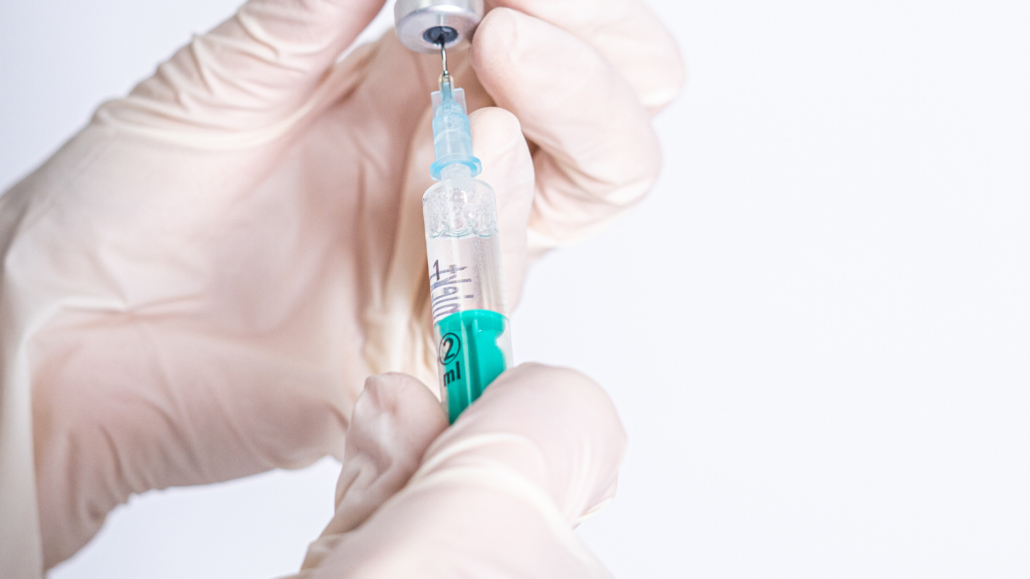
The Future of Peptides
Many experts consider peptides a replacement for anti-aging supplements, as well as a cutting-edge therapy when it comes to specific treatment protocols. Dr. Mark Iwanicki further theorizes that more and more peptides will be coming out and will be even more targeted. Overall, there’s a lot of potential for peptides to continue to become more and more mainstream in the coming years as people begin to integrate them into their health and wellness regimens.
At Innovative Medicine, we truly believe that peptides as a form of medicine are just going to keep getting better and better. As they become more targeted and more mainstream, these peptides will be used as part of individualized treatment plans, helping people heal and obtain a higher state of health and wellness. In fact, we are already incorporating this type of medicine into our treatments, depending on the person and their health situation. The ultimate goal is to find a holistic approach to treatment and health where each individual is able to have access to the therapies they need — and in the coming years, it’s likely that peptides are going to continue to become a more prominent part of that.
Disclaimer: The statements made in this article have not been evaluated by the Food and Drug Administration. Any products or treatments mentioned are not intended to diagnose, treat, cure, or prevent any disease. Please consult a licensed medical practitioner for medical advice.
At Innovative Medicine, we believe in transparency. We want you to know that we may participate in affiliate advertising programs pertaining to products mentioned herein.
See how we can help you restore complete health of body, mind & spirit.
Join our mailing list and receive exclusive offers + information!
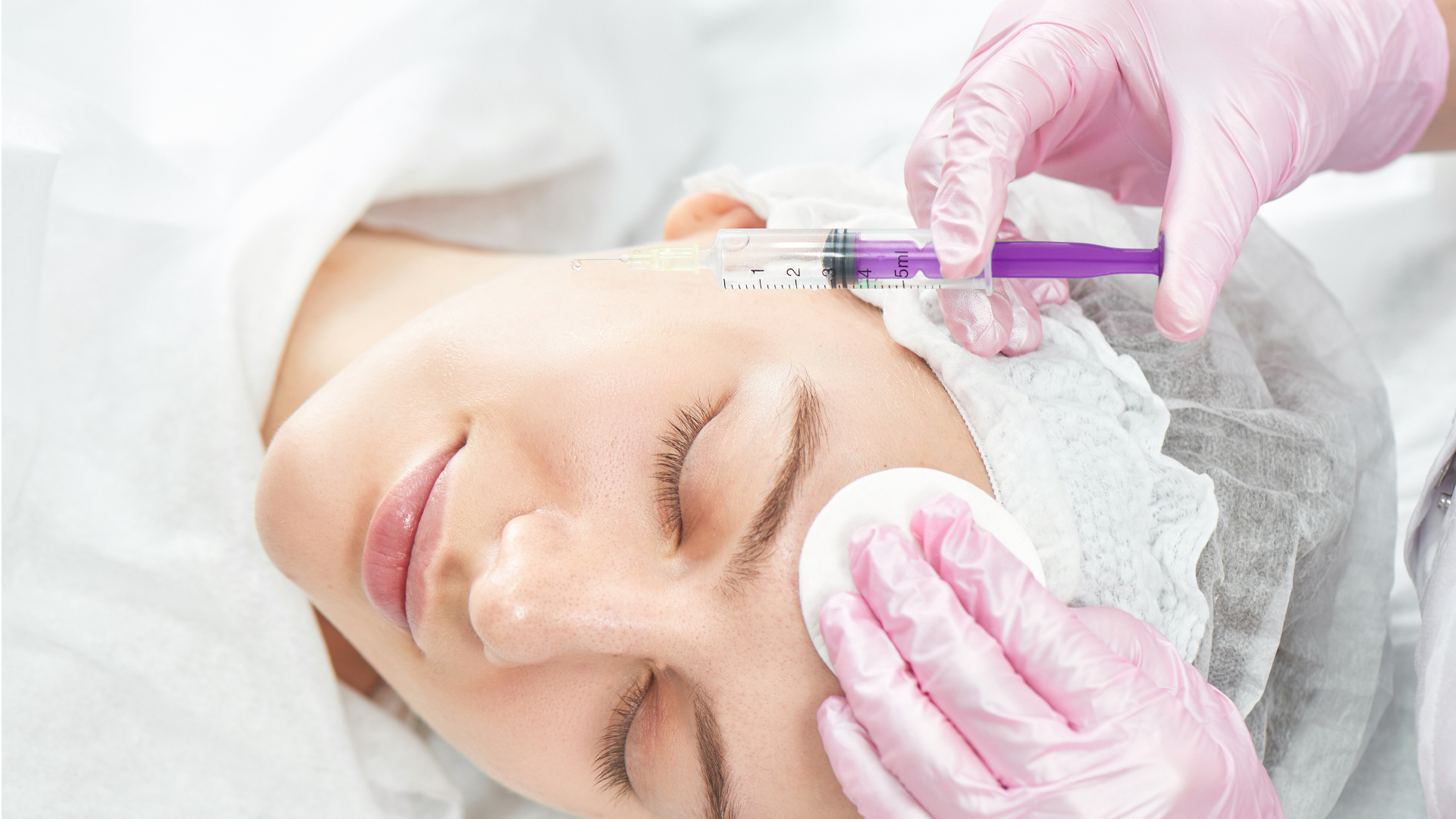


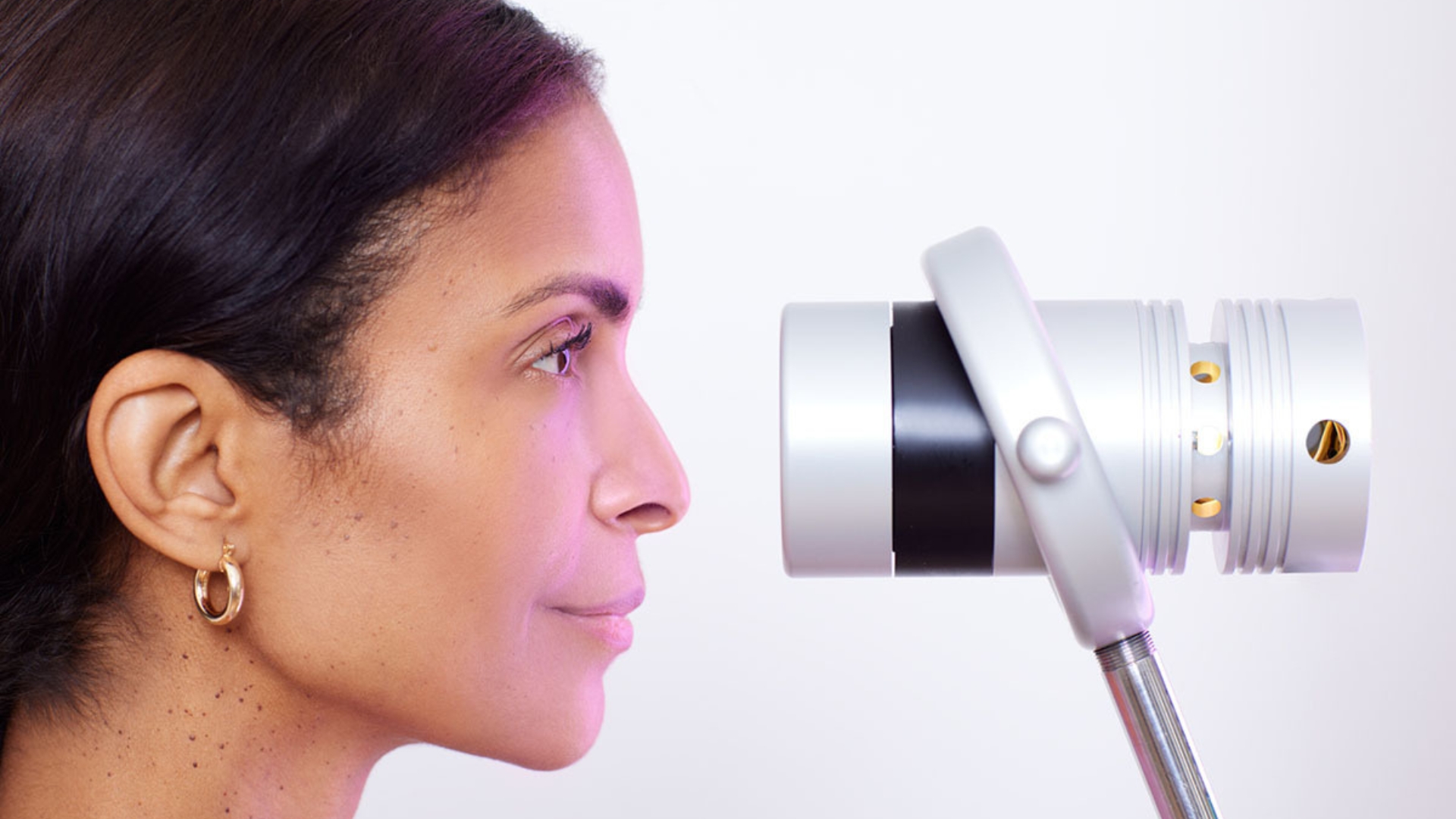
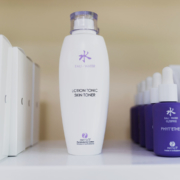

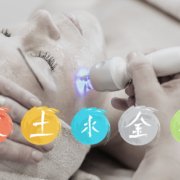
Leave a Reply
Want to join the discussion?Feel free to contribute!